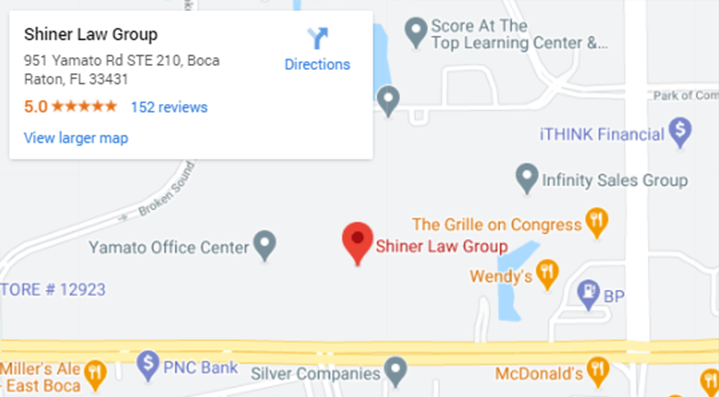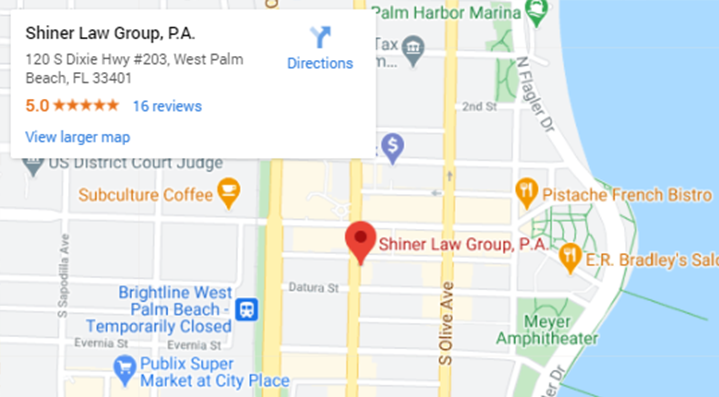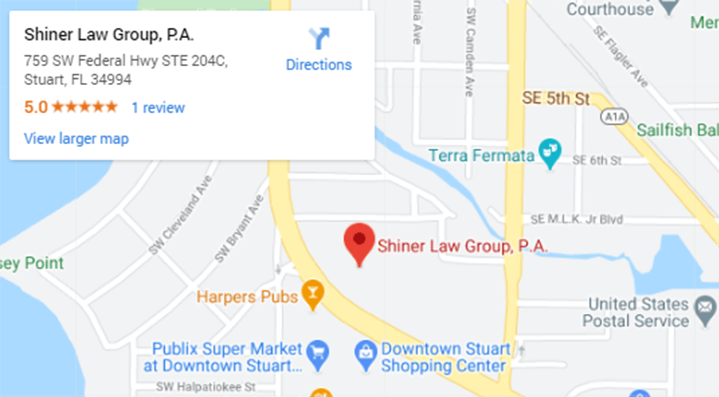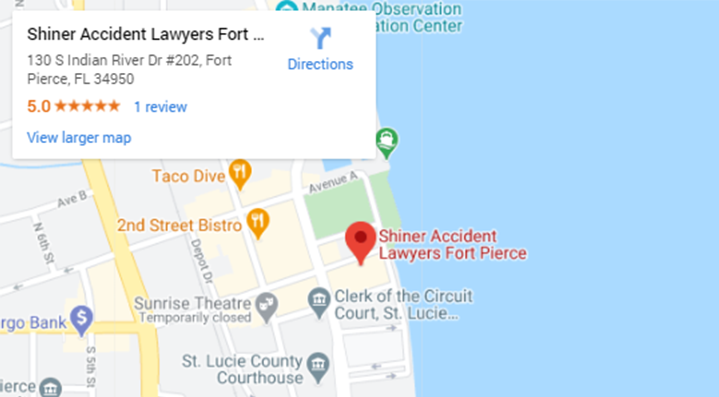Breach of Fiduciary Duty or Violations of Fiduciary Duty
A fiduciary duty is defined as one party being obliged to act in the best interests of another, like the duty of a corporate board member to the shareholders of the company. If the party has acted contrary to their duties, it is known as breach of fiduciary duty. When such a breach takes place, legal action may be taken in civil court. Fiduciary duties are generally imposed by public policy whenever there is a specialized service involved, like legal help or money management. Generally the top business lawyers will understand the nuances and intricacies in the law and thus be able to best guide their client through the process giving their client the best opportunity to be successful.
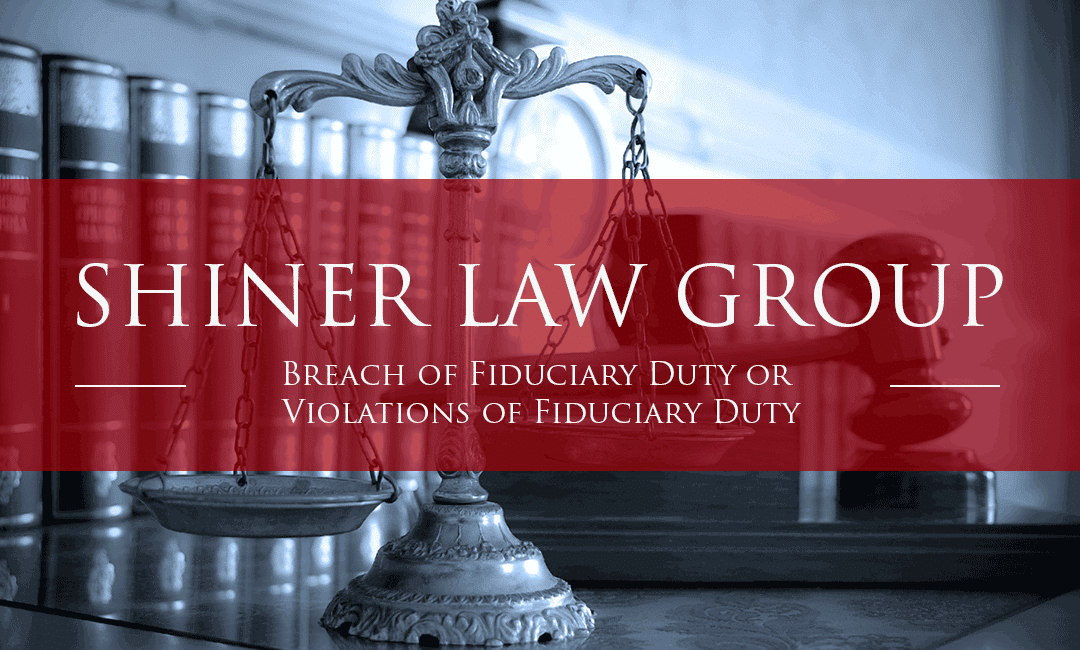
When Does a Fiduciary Relationship Arise?
A fiduciary relationship can arise in a lot of legal contexts, involving trusts, wills, contracts, attorney-clients, and agent-principles. Generally, we categorize six general relationships that give rise to a fiduciary duty:
- Trustee/beneficiary
- Guardian/ward
- Executor/heir
- Corporate officer/shareholder
- Attorney/client
- Agent/principal
If a fiduciary relationship exists, then some fiduciary duties may be owed in the relationship, and there will be limitations and scopes in those duties. Of course, the top business litigators will have a keen understanding of the specific impact a breach of fiduciary duty will have on their client and how to best drive the case forward to give their client the best chance of winning.
Advice for the Fiduciary
Experienced professional fiduciaries choose to hire experienced attorneys to advise and assist them in their duties. There isn’t any personal cost to the fiduciary, since the fee is obtained from the estate or trust, when there is a chance for personal liability. Fiduciaries shouldn’t use trust or estate assets for personal gain and must make decisions free of self-dealing and conflict.
Sometimes, it can be confusing to differentiate between what is best for the beneficiary, and what is personal gain for the fiduciary. This is exactly when a professional fiduciary attorney will advise.
What Are the Basic Types of Fiduciary Duties?
The primary focus of fiduciary should be to act for the benefit of another, since they have been placed with the utmost confidence and trust to protect and manage money or property. Therefore, all obligations and duties of a fiduciary is to act for the advantage and benefit of the beneficiary. There are three main types of fiduciary duties, which are as follows:
Duty of Care
The fiduciary must act with great care, especially when managing a property or money, and treat it as if it is their own. However, the decisions they make for managing and protecting the assets must be smart, prudent, and in the best interests of the beneficiary.
Duty of Loyalty
The fiduciary must always act in the best interests of the beneficiary, which means making decisions that don’t put the beneficiary at a disadvantage.
Duty of Good Faith
The fiduciary must always act in good faith, which means not acting in a deceitful or fraudulent manner that will harm the beneficiary in any way, shape, or form.
What Is a Fiduciary Duty of Loyalty?
The most crucial of the fiduciary duties is the duty of loyalty, which means that the fiduciary must act in good faith, with honesty, morality, fairness, and conscientiousness. It also means that the fiduciary must never abuse their position for personal advantage, and not get involved in conflicts of interest, or any self-dealing transactions. The fiduciary must avoid the following in all decisions and transactions:
1. Misappropriating a Business Opportunity:
A fiduciary that is protecting and managing property or money of a beneficiary for business-related purposes must never seize a business opportunity for their own benefit. They are obliged to disclose the business offer and opportunity to the beneficiary, when it is clearly intended for the beneficiary.
2. Make “Interested” Transactions:
A fiduciary entrusted with the money and property of a beneficiary has a duty to manage and protect these assets. They can’t make “interested” transactions, using the property and money entrusted to them. For instance, a fiduciary can’t buy/sell assets, make self-dealing transactions, or make personal profits using the property or money entrusted to them.
3. Duty of Confidentiality:
The duty of loyalty obligates a fiduciary to maintain confidentiality concerning all private information and decisions entrusted to them. The beneficiary may not like to disclose their private matters to the public. In this situation, a fiduciary is prohibited from disclosing any information regarding the transactions or property of the beneficiary without explicit permission to disclose it.
Breach of the Duty of Loyalty
A breach of fiduciary duty of loyalty may happen in different ways, but it usually happens when the fiduciary acts in a manner that benefits them at the expense of the beneficiary. Fraudulent conduct is a major breach of the duty of loyalty and could see the fiduciary prosecuted in violation of the duty. This duty is implied in every business relationship and the best business lawyers will understand how to shape the evidence to prove their clients’ lawsuits. Do not be shy to ask your lawyer about their experience and how many types of Florida business litigation cases they handle such as non-compete injunctions, shareholder derivative claims, breach of fiduciary duty cases, or any other type of business litigation.
Damages:
The claimant must prove the following, if they want to recover damages after a fiduciary has breached their duty of loyalty to them:
- The fiduciary was placed in a fiduciary relationship or position of trust
- The fiduciary acted for their personal benefit, while in the fiduciary relationship
- Proof that duty of loyalty was owed to the claimant
- Proof of breach in duty by the fiduciary
- Proof that the breach in fiduciary duty resulted in damages for the claimant
- Proof of the damages caused by the breach of fiduciary duty
The claimant may receive damages for lost profits and restitution to recover profits gained by the fiduciary in any civil claim against the fiduciary. The claimant stands to recover profits gained by the fiduciary, even if the claimant didn’t suffer any losses or harm.
Contact Experienced Breach of Fiduciary Duty Attorneys
The unique facts and circumstances, along with the contractual relationship in connection with the dispute, will determine if there has been a breach of fiduciary duty. Shiner Legal Group Business & Commercial Lawyers, has attorneys experienced in breach of fiduciary duty cases. They can determine if you have a valid breach of fiduciary duty claim. The top rated business law firms should be regularly available to answer your specific legal questions and help you, as their client, to construct a litigation strategy to give you the best chance at winning while never forgetting to be as cost efficient as possible – at Shiner Legal Group Business & Commercial Lawyers we focus on delivering top-level legal work product while always putting the client’s interests first.
Our attorneys will help organize and gather all necessary facts, to help you seek the compensation you deserve. Contact Shiner Legal Group Business & Commercial Lawyers today, by calling at (561) 777-7700, or filling out our online case evaluation, to speak with a breach of fiduciary duty attorney for a FREE case consultation regarding your case and how we can help achieve a positive outcome. We are available 24 hours a day, 7 days a week, and have successfully represented breach of fiduciary duty victims throughout Florida.

